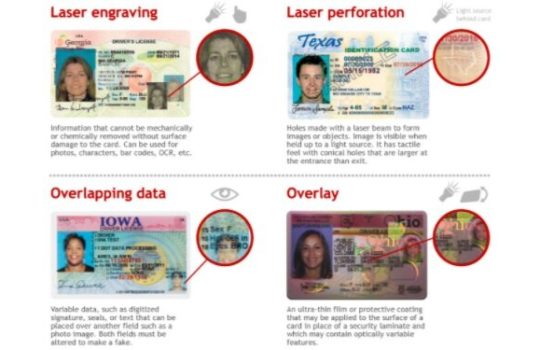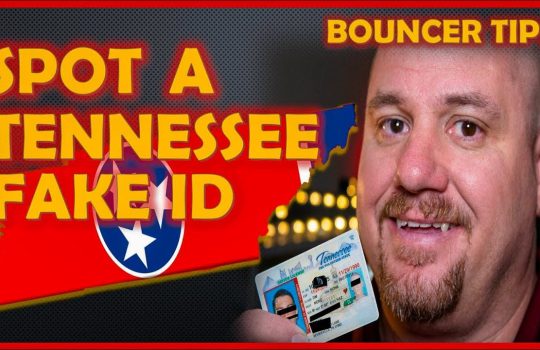Fake Id Footloose
2024-04-08 2024-04-08 2:30Fake Id Footloose
Fake Id Footloose
Kansas Fake Driver License
Maine Fake Driver License
Poland Fake Passport New
Uk Fake Passportholo
In the 1984 film “Footloose,” the town of Bomont is known for its strict laws, particularly those pertaining to dancing and music. One key aspect of the film revolves around fake IDs and how they are used by the high school students to gain access to clubs and events where they can dance and have a good time.
The use of fake IDs has been a common practice among teenagers for decades, as they seek to gain entry into venues and engage in activities that are typically restricted to those of legal age. In “Footloose,” the character of Ren McCormack, played by Kevin Bacon, finds himself at odds with the town’s regulations and, in turn, uses a fake ID to gain entry into the local club where dancing is prohibited.
The concept of fake IDs in popular culture is not limited to just “Footloose.” In numerous movies and television shows, characters are often shown using fake IDs to gain access to clubs, purchase alcohol, or engage in other activities that are restricted by age. The allure of having a fake ID lies in the sense of freedom and independence it provides, allowing teenagers to skirt the rules and regulations put in place by adults.
However, the use of fake IDs is not without its consequences. In “Footloose,” Ren’s use of a fake ID ultimately leads to his arrest and further intensifies the town’s scrutiny of his actions. The risks associated with using fake IDs include potential legal repercussions, such as fines or criminal charges, as well as damage to one’s reputation and credibility.
Despite the risks, the allure of using a fake ID remains strong for many teenagers. The desire to fit in, rebel against authority, or simply participate in activities that are deemed “cool” can drive individuals to obtain and use fake identification. In the case of “Footloose,” the high school students see dancing as a form of self-expression and liberation, leading them to seek out any means necessary to participate in this forbidden activity.
The prevalence of fake IDs in society extends beyond just the realm of entertainment. In real life, the use of fake IDs is a common practice among teenagers seeking to purchase alcohol, gain entry into clubs, or attend events restricted by age. The proliferation of online vendors and black market sellers has made it easier than ever for individuals to obtain fake identification, further fueling the demand for such services.
The consequences of using a fake ID can be severe. In addition to facing legal repercussions, individuals caught using fake identification may also face social consequences, such as loss of trust and credibility among their peers. Moreover, the act of using a fake ID can perpetuate a culture of dishonesty and deceit, undermining the values of integrity and respect for the law.
In order to combat the use of fake IDs, many establishments have implemented stringent security measures, such as ID scanners and blacklight verification, to detect fraudulent identification. Additionally, law enforcement agencies regularly conduct sting operations to target vendors and individuals involved in the production and distribution of fake IDs.
While the use of fake IDs may seem like a harmless rite of passage for many teenagers, the consequences of engaging in such activities can have far-reaching effects on their lives. As seen in “Footloose,” the consequences of using a fake ID extend beyond just getting caught – they can impact one’s personal and professional reputation, as well as their relationships with others.
In conclusion, the use of fake IDs, as depicted in “Footloose” and other forms of popular culture, serves as a cautionary tale for teenagers seeking to circumvent age restrictions and engage in activities deemed off-limits. While the allure of using a fake ID may be strong, the risks and consequences associated with such actions should not be taken lightly. Ultimately, honesty and integrity should prevail over the temptation to deceive and break the rules, even in the pursuit of a good time.










